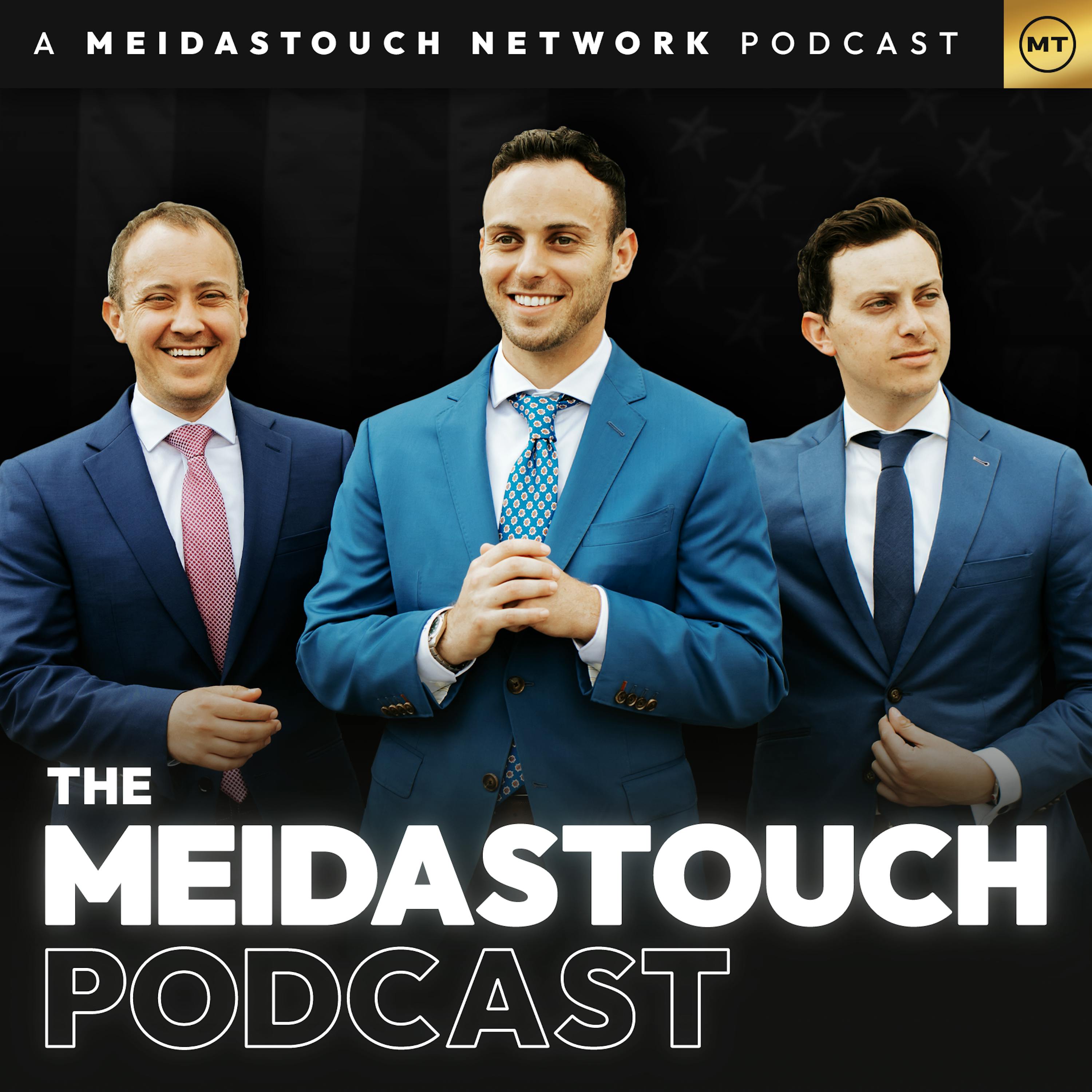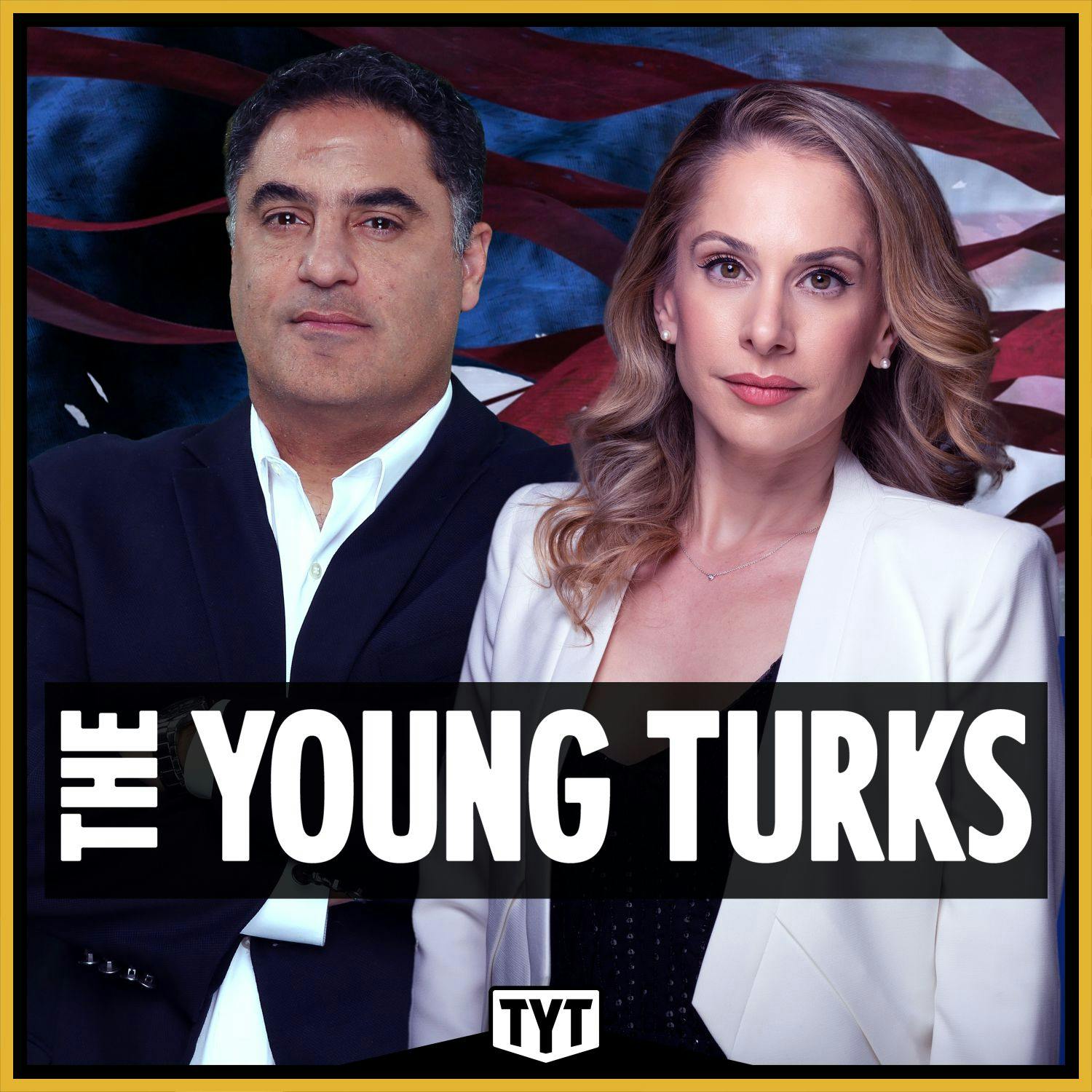PortalsOS
Related Posts
Vote to see vote counts

The shutdown affects real Americans, including soldiers, TSA agents, and those relying on the WIC program.
In states that haven't expanded Medicaid, a significant portion of the population relies on the Affordable Care Act's subsidies. This highlights disparities in healthcare access, with low-income individuals in these states facing limited options.

The removal of health care subsidies could lead to significant financial burdens for families, with some potentially paying $24,000 annually for healthcare on an $85,000 income.

The government shutdown isn't really about the federal workers, who are described as glorified welfare recipients with fake jobs. It's about Democrats wanting to renew federal subsidies for Obamacare plans and reverse changes that removed healthcare for illegal aliens.

The CDC, TSA workers, air traffic controllers, USPS, and Social Security will continue operations during the shutdown, but safety net programs like SNAP and WIC could run out of funds.

Trump's response to Democrats' health care requests was dismissive, and he's threatening mass firings of federal workers during the shutdown. Food assistance programs for women and children may end.

The only G7 nation that doesn't offer free childcare for children under five is the U.S. If you have a place where children under five can go for free, their moms will work more.
Public policy can do nothing about preferences. If a woman says, 'I don't want another kid,' government is not changing her mind.
Universal access to paid sick leave could make a huge difference. In certain cities, they've found as much as a $3,000 a year difference in earnings for women without a college degree who have a child when she has access to sick leave.

The One Big Beautiful Bill Act introduced work requirements for Medicaid, complicating access and causing many to lose coverage.